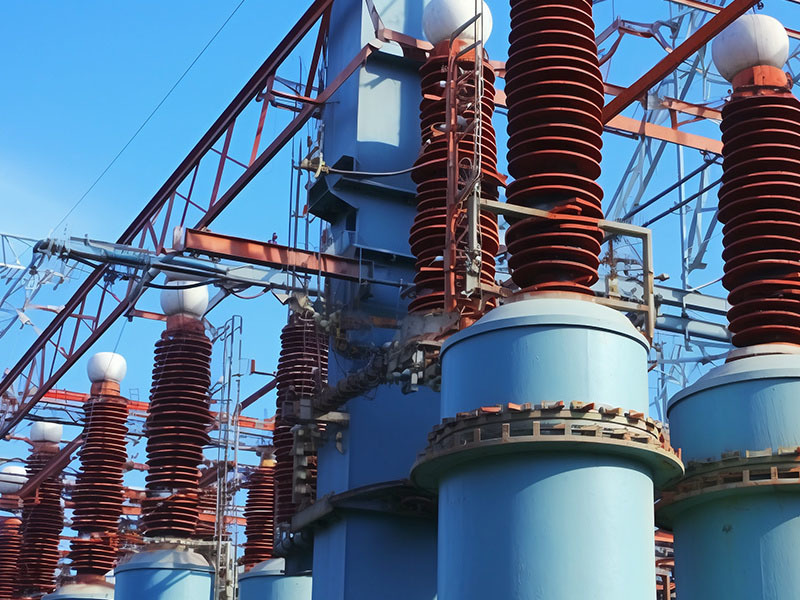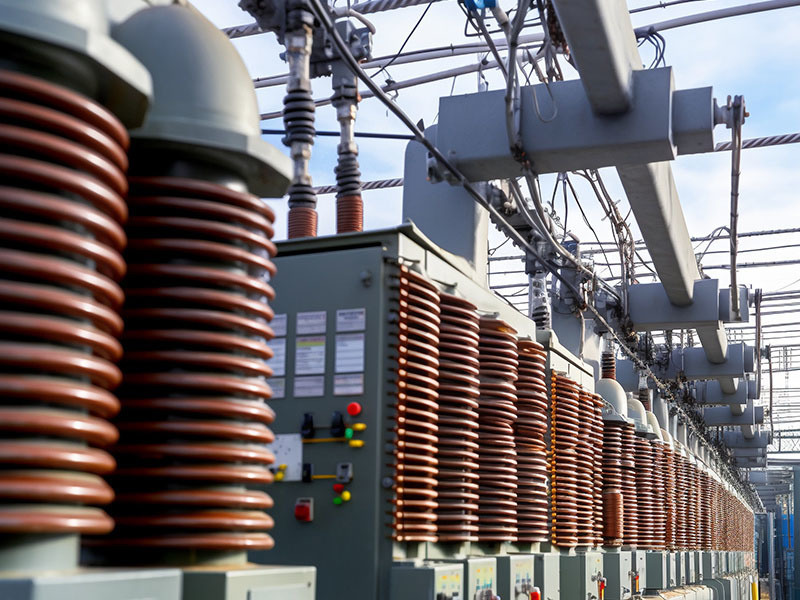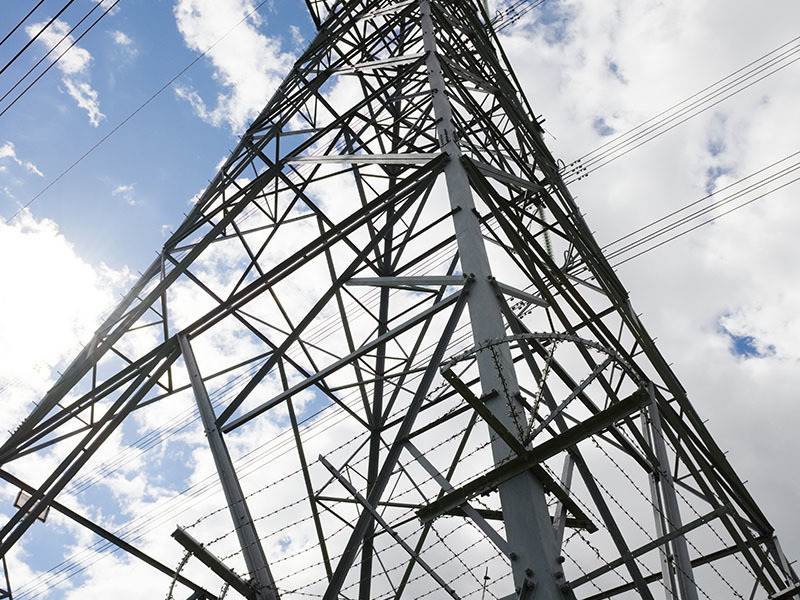The performance and characteristics of insulators
Release Time:
Feb 12,2025
The main electrical performance of insulators is their flashover characteristics. To avoid breakdown during operation, the breakdown voltage of the insulator is higher than the flashover voltage. Insulators of different voltage levels have different withstand voltage requirements.
The basic performance of insulators includes electrical performance, mechanical performance, and thermal performance.
Electrical performance: The main electrical performance of insulators is flashover characteristics. To avoid breakdown during operation, the breakdown voltage of the insulator must be higher than the flashover voltage. Insulators of different voltage levels have different withstand voltage requirements.
Mechanical performance: Insulators are often subjected to various mechanical forces during operation, such as the weight and tension of the wires, wind force, and ice accumulation weight. Therefore, insulators need to have good mechanical strength to withstand these forces.
Thermal performance: Outdoor insulators are required to have the ability to withstand sudden temperature changes. For example, porcelain insulators are required to withstand several cycles of hot and cold without cracking.
In addition, insulators should also have certain environmental resistance and aging resistance to maintain stable performance under harsh climatic conditions.
You Can Also Learn More About Industry Trends
Feb 12,2025
The performance and characteristics of insulators
Feb 12,2025
An insulator is a special insulating component.
Feb 12,2025
Definition and Composition of Composite Insulator
Feb 12,2025
Applications of composite pillar insulators










